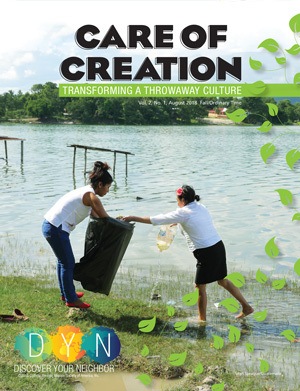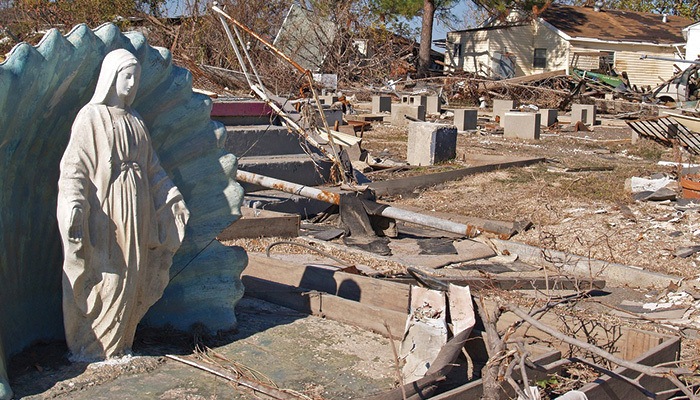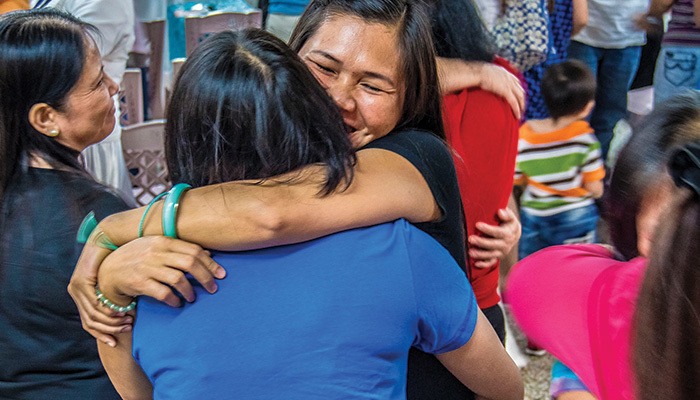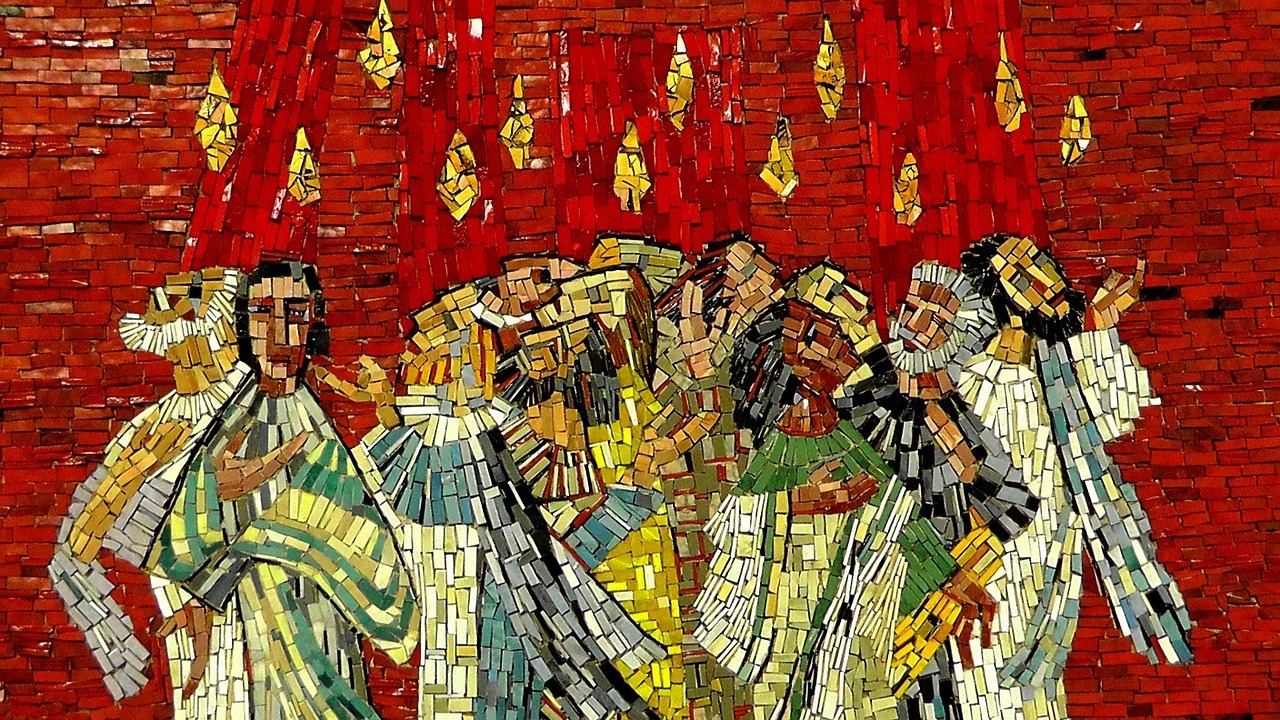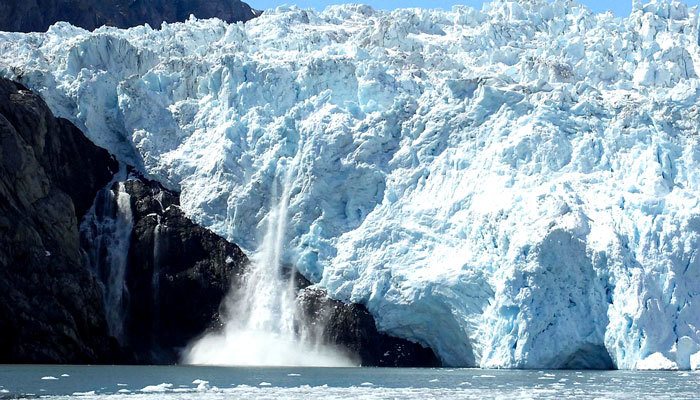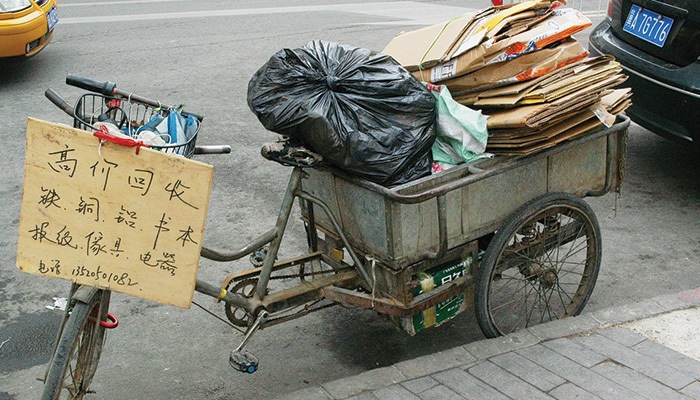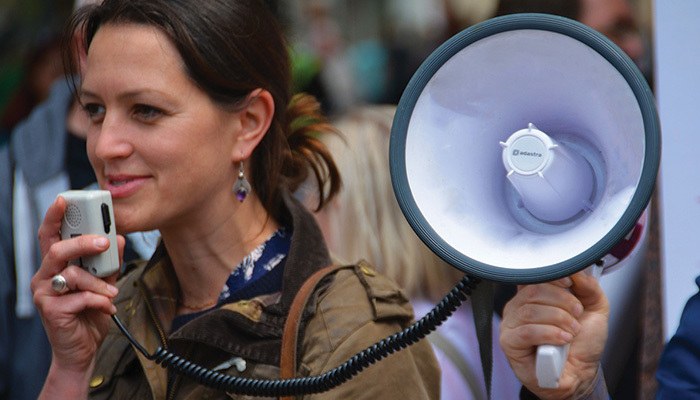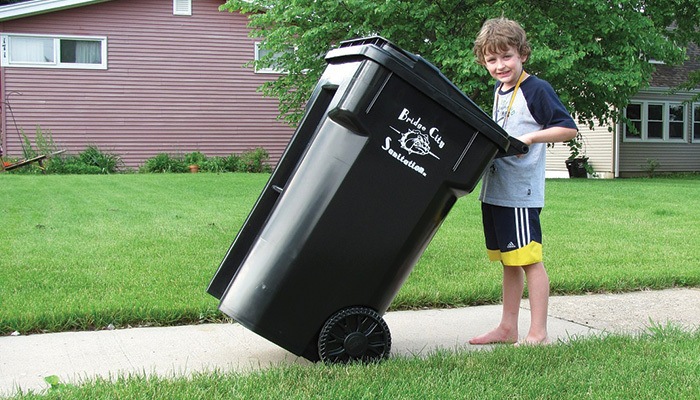Download the:
Students will be able to:
OBSERVE and EXPLAIN how plastic waste threatens the natural environment.
IDENTIFY ways to reduce the use of plastic and how these relate to their faith.
UNDERSTAND how our faith calls us to protect the earth.
APPLY what has been learned by doing presentations and projects to encourage others to change behaviors which support a throwaway culture.
Loving God,
You created all things both big and small in the universe.
You tenderly care for all that exists.
Empower us with your love
That we may protect and care for your creation.
Fill us with your peace, that we may be kind to all.
Open our hearts and lives
That we may heal the world and not harm it.
Help us to care for the earth, our common home.
Amen!
READ the FAITH PERSPECTIVE article as a class/group.
DISCUSS: A throwaway culture is one where people use something only once or a few times and then toss it out. Think through your day or week, and how much of what you use is thrown out after only one use. Based on the Faith Perspective article, how do you think so much trash is accumulated? Why do you think people end up living in the dump?
RESEARCH: Where does your trash and recycling go? What happens to it when it gets there?
EXTENSION: Together, brainstorm ways that we can start reducing the amount of plastic we use. Have each person pick one idea they will start doing and write or draw their commitment on a card. Tape it on a wall and check back in a month to evaluate how things are going.
IN A GROUP: Read NEIGHBOR FOCUS and What Does the Church Say.
DISCUSS: How do you think Alejandro felt when he said, “Poor fish?” How was he working to make changes in his environment and trying to ensure that this area will remain clean in the future? How do you think that we can change the “throwaway culture”? What are some of your biggest challenges to making these changes? Fr. Custer felt called to help clean up the plastic in the lake. What do you feel God is calling you to do?
EXTENSION: Create a campaign to advocate for changing the “throwaway culture.” Consider the following: Who are the people you want to reach? What is the message you want to share with them? What is the best way to reach them? How will you encourage others to join your campaign?
“As a young priest in Manila, Philippines, I was invited by my friend, a local pastor, to visit members of his church. Our visit took us to ‘Smokey Mountain:’ a garbage pile so high it really looked like a mountain. My friend and I carefully navigated the narrow path which led us up to the top of the pile where we were greeted by a family and invited into their home.
“I watched as the baby crawled on the laminated floor which had been carefully placed upon the rubbish below. I listened to stories about how each day the family worked the pile to recycle items like plastic and metals. I remember the smell; it was so strong that when I returned home, right away I had to wash everything, including my shoes.
“What I learned from this experience and others I had with my neighbors in the Philippines is the importance of recycling and how often we throw things away that can be recycled and reused with a little bit of work and imagination.”
Fr. Clyde Phillips, M.M.
Alejandro Cordoba’s friends jumped into the back of his Toyota truck to meet up with Fr. Ted Custer, M.M. and his truckload of volunteers. They were headed to Lake Macanche in Guatemala for a parish clean-up operation. Their mission: to pick up plastic garbage. Once the image of a pristine paradise, the lake was now starting to suffer from the effects of human behavior from the nearby villages.
Alejandro shook his head in dismay as he watched a dump truck being washed in the lake, with grease and oil flooding the waters. He also saw women washing clothes with the detergent seeping into the water. He shook his head again and said, “Poor fish.”
The group began to work and filled several large bags of items thrown away on the shores of the lake. The last stop for the group was the recycle center. As they headed home, they took pride in knowing at least for today they had done their part to maintain paradise.
READ ONE OF THE FOLLOWING
OLD TESTAMENT: Genesis 2: 4-15
LIFE OF JESUS: Matthew 6:25-34
CHRISTIAN LIVING: Romans 8:18-22
REFLECT: What does this reading say to you about the relationship and responsibilities between humans, creation and God? How do we not only serve each other but also creation?
READ the Scripture, CIRCLE the words that catch your attention. What is it about those words that strikes you? CREATE a prayer using some of the words you selected that shows your commitment to caring for creation.
WHAT DOES THE CHURCH SAY?
In Laudato Si’ Pope Francis appeals to all of us to “recognize the need for changes of lifestyle, production and consumption. These are closely linked to a throwaway culture which affects the excluded just as it quickly reduces things to rubbish.” Laudato Si’ 22-23
“The earth, our home, is beginning to look more and more like an immense pile of filth. The climate is a common good, belonging to all and meant for all.” Laudato Si’ 21 & 23
“Young people demand change. They wonder how anyone can claim to be building a better future without thinking of the environmental crisis and the sufferings of the excluded. We know that things can change. Humanity still has the ability to work together in building our common home.” Laudato Si’ 13
“I find it encouraging that you are proposing an initiative for reducing air pollution. Accepting the urgency, it seems clear to me also that climate change is a problem which can no longer be left to a future generation. When it comes to the care of our ‘common home.’ we are living at a critical moment of history. We still have time to make the changes needed to bring about ‘a sustainable and integral development, for we know that things can change’ (Laudato Si’, 13).” Pope Francis speaking to President Obama 9/23/15
Solidarity
The earth’s atmosphere encompasses all people, creatures and habitats. The melting of ice sheets and glaciers, the destruction of rainforests, and the pollution of water in one place can have environmental impacts elsewhere. As Pope St. John Paul II has said, “We cannot interfere in one area of the ecosystem without paying due attention both to the consequences of such interference in other areas and to the well-being of future generations.” Responses to global climate change should reflect our interdependence and common responsibility for the future of our planet. (USCCB, 6/15/01)

